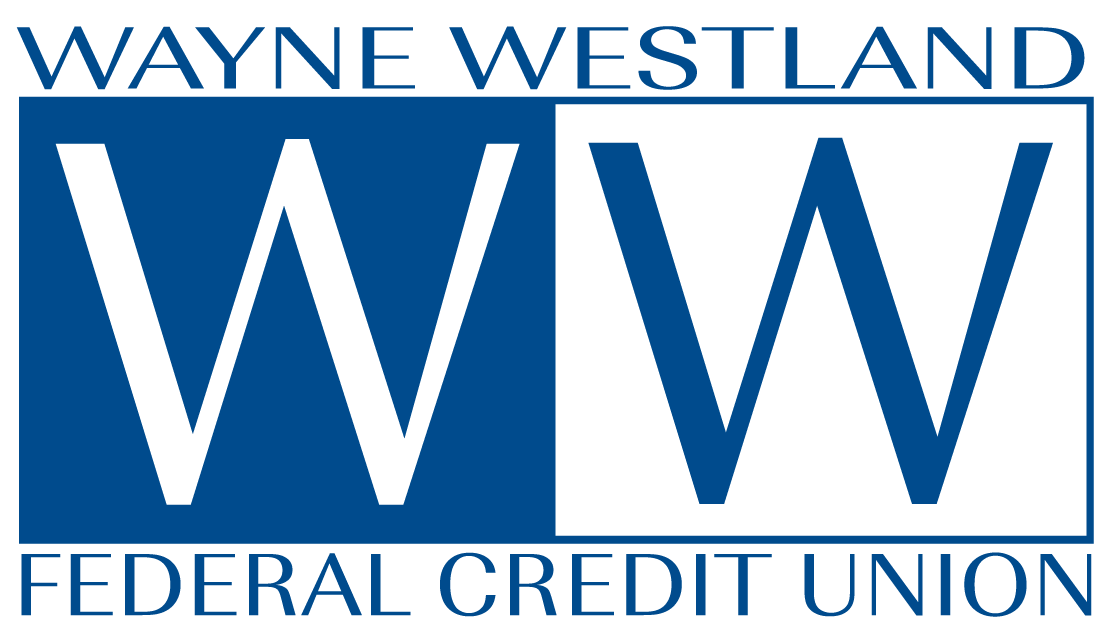We live in an express-line society: we want money, goods, and services to be quickly and easily accessible. Conveniences like debit cards and online accounts can seem like the lifelines which make this all possible, but they can also come at a price. You need to protect yourself–and your checking account–by knowing some of the realities of identity theft and bank fees.
Your Money Is Big Business
You may not think of yourself as especially wealthy, but taking money from average people is big business. For example, there are some eight million cases of identity theft per year–and 10% of those victims lose $1,200 or more. While many scams are targeted at senior citizens, an unwanted bonus of the economic recession is likely to be that criminals will cast a wider net.
Then there are the legal rip-offs, in the form of excessive and/or hidden bank fees. With the recent financial crisis, you have to worry about your bank on two fronts: whether or not it is fundamentally stable, and whether it will start making up for lost revenue by jacking up fees on accounts like yours.
Five Ways to Protect Your Checking Account
Given the current environment, the following are steps you should take to protect your checking account:
- Look for FDIC insurance. Verify that your institution is covered, and manage your accounts so you don’t exceed the limits on this insurance. Also, keep in mind that while your principal is covered, interest on things like money market funds or market-based CDs with no guaranteed interest rate may not be.
- Beware of bankers bearing rewards. Sometimes, there is a fine line between a good deal and a gimmick designed to lure new customers. Just because something is free now doesn’t mean the bank can’t start charging once you are hooked into the account. Also, some added features may expose you more to identity theft. The lesson is, if there are special account features you want, by all means get them, but if all you need is a basic type of account, then don’t let the bank layer on unwanted features and services, even if they are free in the beginning.
- Protect your information. Account information and other personal data (especially your social security number) should be closely guarded. Never provide this information in response to incoming phone calls or e-mails–always contact the bank yourself via a phone number or e-mail address you have independently verified.
- Review your account regularly. Check each transaction, and make sure the account balances. Report any discrepancies to the bank immediately, and follow up in writing to document it.
- Minimize the amount in your checking account. Since checking accounts have the most transactions, they have the biggest chance of being compromised. You and your spouse may even want to consider separate accounts rather than a joint account, so you don’t have too much money in one place.
Practice can turn these steps into habits that will keep you protected.
H/T Source: MoneyRates.com


